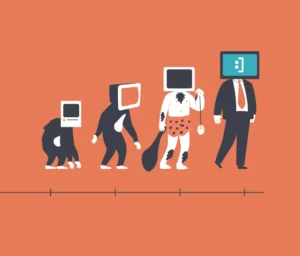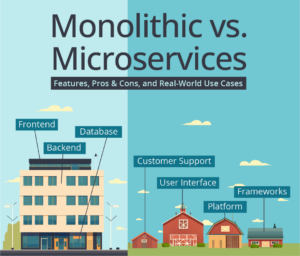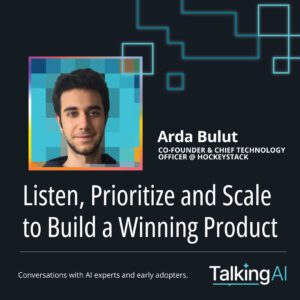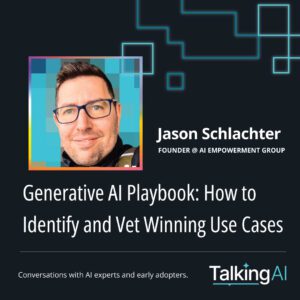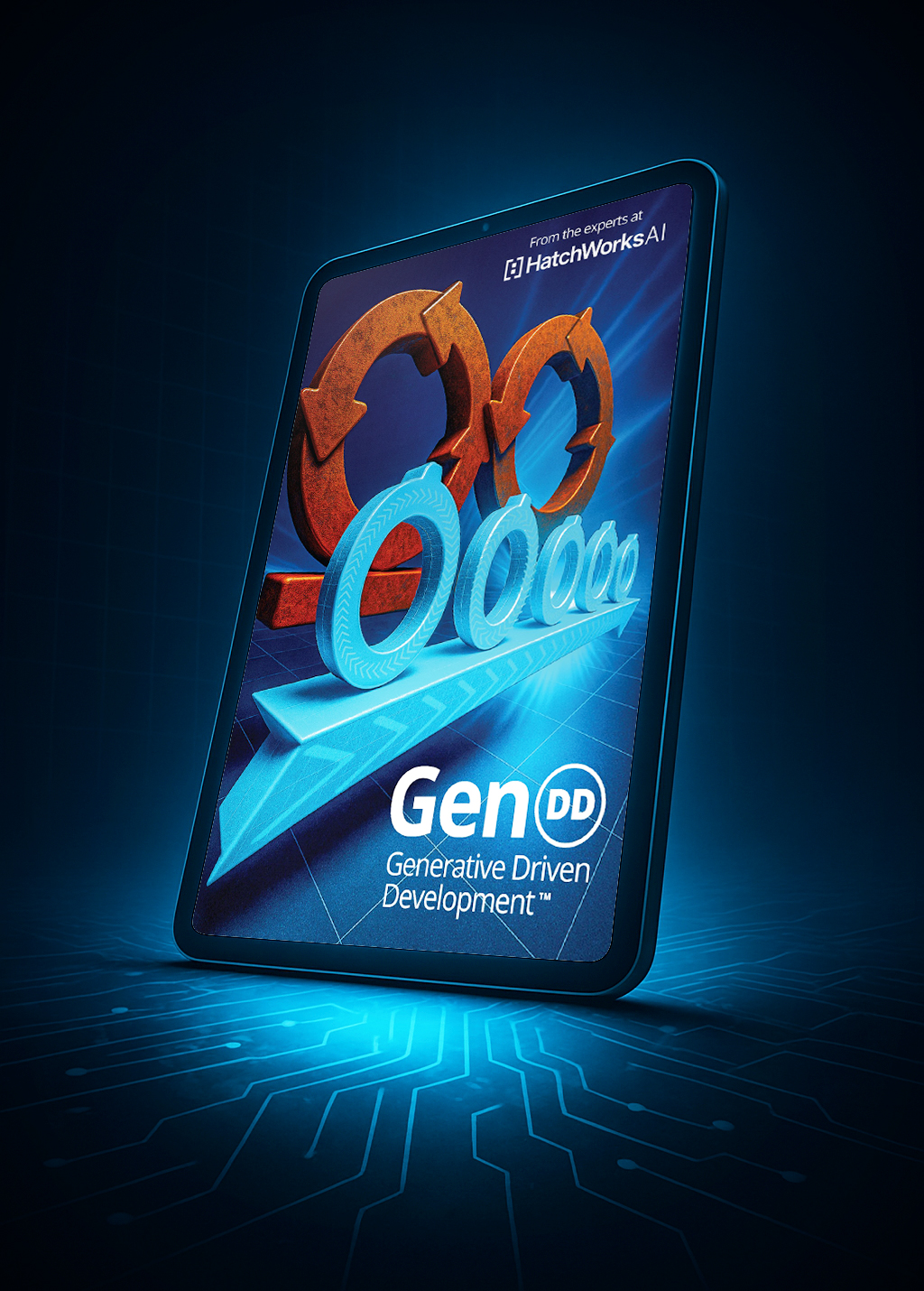In a world where technology is always changing, our collective social fabric has become one that continually embraces the new, the shiny, the latest and the greatest. In fact, for many, the latest tech—whether hardware or apps—is linked to far more than just features and functionality: it’s a social status symbol that elevates people to the top of their proverbial social food chain.
Those same bright and shiny new objects tend to affect more than the user. For very new apps or devices, user expectations grow—far too often affecting industry segments that have little or nothing to do with the device or new app acquired by the end-user. For instance, if a multi-national coffee brand releases a new customer-facing app that delivers some mind-blowing experience, suddenly that same experience is being demanded of car companies, real-estate developers, and more. A far cry from selling coffee, but habits are habits, and end-users develop new habits fast.
This is where companies begin to panic, while simultaneously seeing opportunity. But, like any modern business opportunity that relates to technology, it often comes down to the old saying, “Easier said than done.”
In almost every case, new end-user expectations and the ability to deliver on them fall solely on brand new technological advancements and architectures. However, in the world of enterprise business, the ability to rapidly pivot technology and embrace new systems is simply not an option—at least not without help.
You see, legacy systems and architectures are often tied to the entirety of the business and, more than likely, also representative of billions of dollars in current revenue streams. As such, injecting new technology into that legacy environment is an impact that is not likely to be embraced by anyone.
This is often where the notions of expertise collide. For the folks who have been managing the legacy architectures for years, the new and highly verticalized expertise necessary for new business initiatives is simply not there. For example, why would a datacenter professional with 40+ years experience who is responsible for billions of transactions a day have the time, energy or desire to become a cloud application expert? Because they are simply too busy doing their current, extremely important job.
Conversely, why would a rock-star cloud architect who spends 50+ hours a week creating and maintaining the latest in customer-facing applications and modern experience have a desire to learn anything about legacy infrastructure? Again, because they are simply too busy doing their current, extremely important job.
The reality, however, is that those two roles and expertise types must somehow seamlessly work together to meet evolving business expectations and goals, while simultaneously not disrupting an already-billion-dollar successful business model.
It’s this new reality of technological “collision” that has brought about a brand new industry—experts in developing modern digital business initiatives that speak the two proverbial languages of new and legacy. These experts bridge the gap between them, all while enabling the enterprise to use and merge current and upcoming digital technologies to propel themselves forward.
For any enterprise, this becomes the modern recipe for success. Of course, having expertise in the current infrastructure is imperative—after all, these are the people who keep the mission-critical wheels turning to ensure the current success of the business is maintained. Simultaneously, enterprise entities MUST engage with external experts to introduce new methodologies, help eliminate technical debt associated with aging architectures, solve bandwidth and expertise challenges, and help create new cloud-based solutions to meet all of those aforementioned expectations.
There is room for all expertise types to work seamlessly together, and be highly successful at doing so. Finding the right partner will make both groups become one, and success a quick and painless reality. And it’s only a phone call away.
Getting Started with HatchWorks Is Easy
HatchWorks will work with you to perform a free initial assessment of the team composition you need based on your current team structure. They can work as an autonomous dedicated team or integrate with your own team to meet your needs. No matter what phase you are at in your software solution journey, HatchWorks can help you accelerate your path to success.
